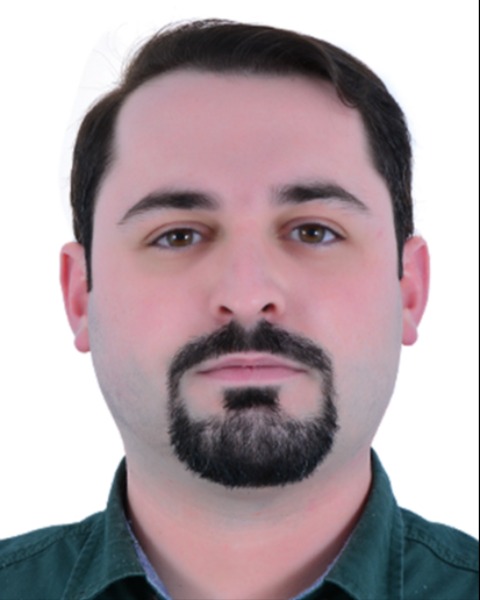
Mohammad Zaher Serdar, PhD, A.M.ASCE, LEED GA (he/him/his)
Assistant Research Scientist
Texas A&M University at Qatar
Doha, Ad Dawhah, Qatar
Dr. Mohammad Zaher Serdar is an emerging scientist and civil engineer specializing in the sustainability and resilience of critical infrastructure systems. He earned his Ph.D. in Sustainable Environment from Hamad Bin Khalifa University (HBKU), where his research focused on enhancing the resilience of transportation, electricity, and water networks against the impacts of climate change. At HBKU, Dr. Serdar contributed significantly to developing risk management strategies that emphasize resilience, sustainability, and resource security. He played a key role in developing and implementing multi-million-dollar research projects in these fields.
Currently, Dr. Serdar is an Assistant Research Scientist at Texas A&M University at Qatar, contributing to the development of national resilience frameworks. He is part of the Proactive Resilience Plan (PReP), a multi-million-dollar project funded by the Qatar National Research Fund (QNRF) aimed at enhancing the resilience of Qatar's critical infrastructure systems. In this role, he is responsible for both scientific and administrative aspects of the project, supporting research efforts, coordinating multidisciplinary teams, and supervising graduate students.
Previously, as a Postdoctoral Fellow at HBKU, Dr. Serdar contributed to national risk management plans focused on resilience, sustainability, and resource security. He also served as a Teaching Assistant for a Green Building course, helping students understand sustainable construction practices and the principles of the U.S. Green Building Council's Leadership in Energy and Environmental Design (LEED) rating system.
Dr. Serdar holds several professional certifications, including LEED Green Associate from the U.S. Green Building Council, Construction Product Life Cycle Assessment (LCA) Specialist, Environmental, Social, and Governance (ESG) Specialist, and Greenhouse Gas Accounting certification. These credentials enable him to contribute effectively to sustainability and resilience initiatives in urban infrastructure.
He has authored multiple peer-reviewed publications on infrastructure resilience, urban systems, and the impacts of climate change. His research includes examining the resilience of road networks during mega-events like the FIFA World Cup 2022 in Qatar, public transportation resilience, and decarbonization strategies for building materials. His work has had a significant impact, influencing national policies on infrastructure resilience and contributing to the development of sustainable urban planning strategies.
With over ten years of research and engineering experience, Dr. Serdar has worked as a Structural Engineer on more than 75 projects in countries including Turkey, Sweden, the USA, and Qatar, demonstrating his adaptability and global perspective. He has been actively involved in research collaborations aimed at improving the resilience and sustainability of infrastructure systems worldwide.
Dr. Serdar's contributions have earned him recognition, including academic excellence awards and significant research grants. He remains passionately committed to addressing critical challenges through innovative approaches to sustainability and resilience, striving to ensure a thriving economy, cohesive society, and regenerative environment for future generations.
Disclosure information not submitted.
Presentation(s):
-
Assessing Road Network Vulnerability and Resilience by Simulation-based Graphs and Machine Learning
Monday, June 9, 2025
3:00 PM – 3:15 PM MT -
Resilience of Road Network in Qatar to Sea-Level Rise: A Hybrid Simulation and Graph Theory Approach
Tuesday, June 10, 2025
1:45 PM – 2:00 PM MT -
Enhancing Asphalt Pavement Resilience Under Extreme Heat: Design Strategies and Performance Analysis
Tuesday, June 10, 2025
4:45 PM – 6:00 PM MT

